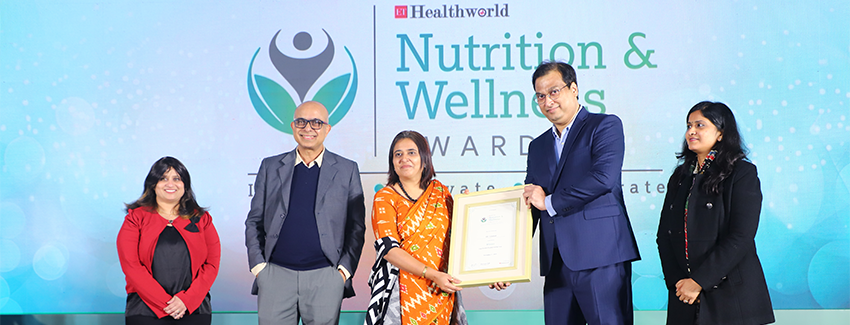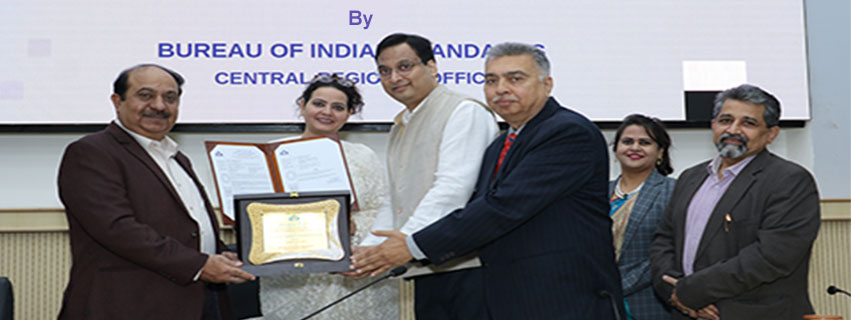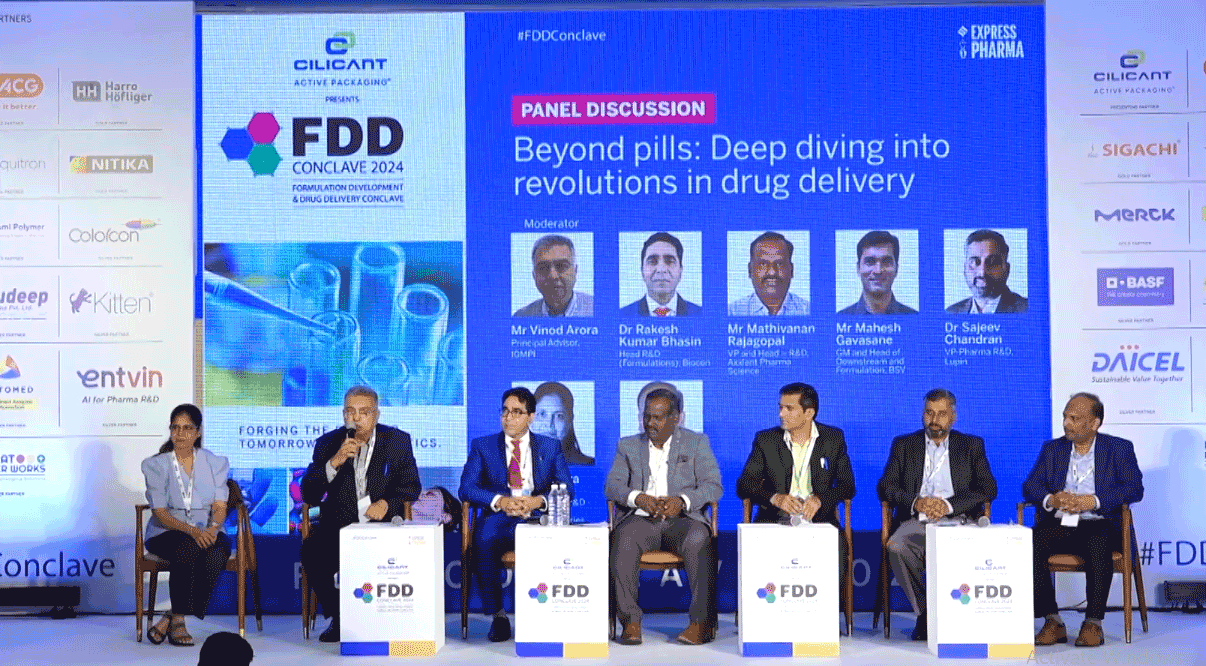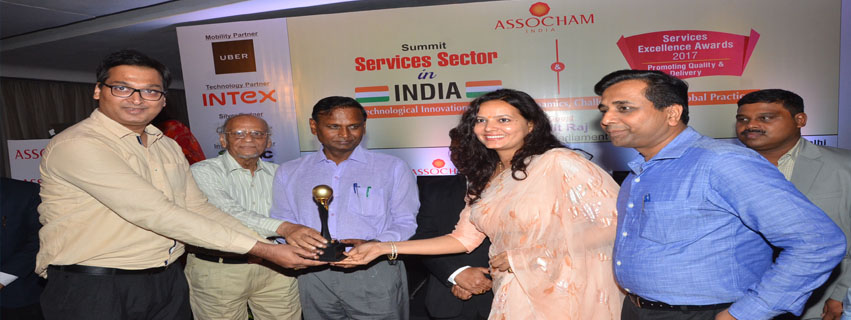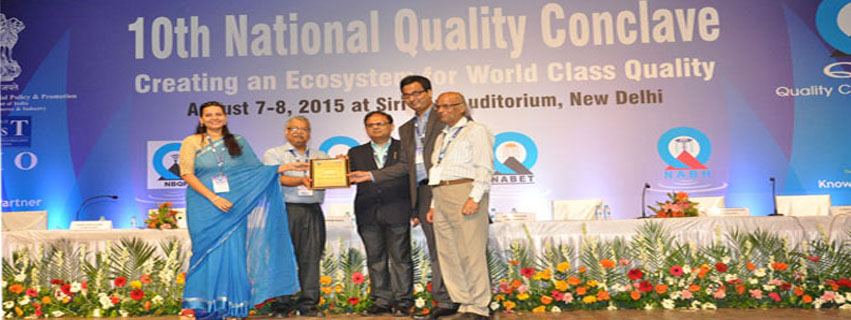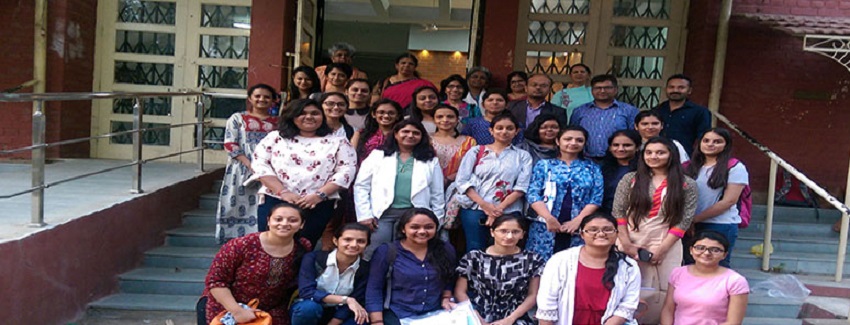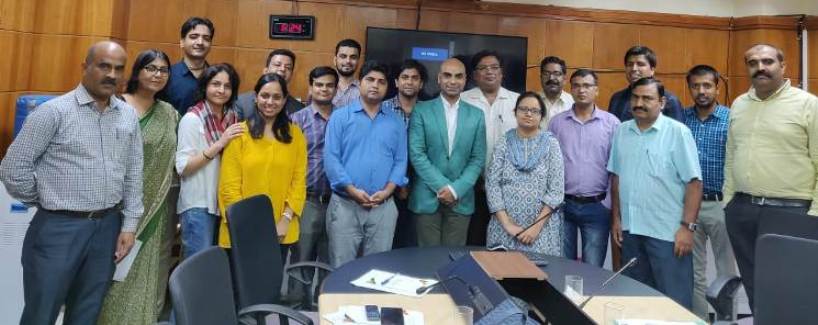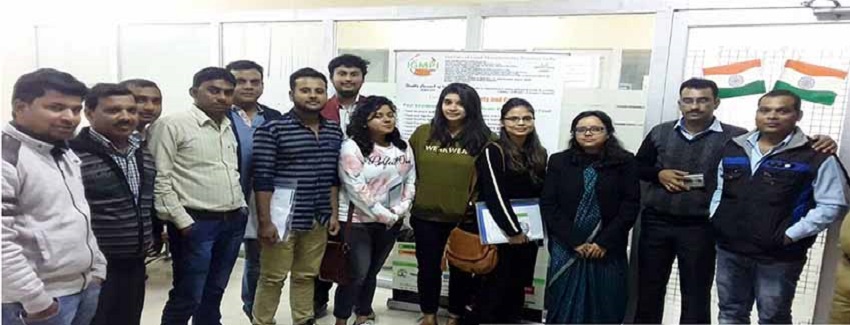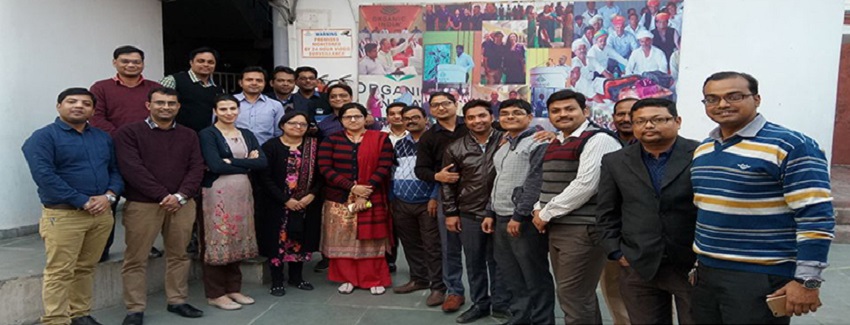(An Autonomous Body Recognized by Ministry of Commerce & Industry, Government of India)
Competency based placement focussed Education | Training | Research | Consultancy
Professional Certification in Ethical Hacking (PCEH)
This certification course is a cutting-edge, industry-aligned programme tailored to meet the growing global demand for skilled ethical hackers and penetration testers. In today’s hyperconnected world, cyberattacks are becoming increasingly sophisticated, targeting everything from personal devices to critical infrastructure. Organizations across industries—banking, healthcare, government, telecom, IT services, and e-commerce—require professionals who can think like hackers to secure their systems.
This programme equips learners with practical, hands-on skills in penetration testing, vulnerability assessment, exploit development, web and mobile application testing, social engineering, wireless network security, and post-exploitation techniques. Through real-world simulations, attack labs, and the use of industry-standard tools participants will gain the expertise to identify security loopholes and recommend remediation strategies. Whether you are a cyber security enthusiast, a professional looking to upskill, or someone seeking a career transition into ethical hacking, this course offers a fast-track to becoming a certified security expert.
Programme Structure
Module 1: Introduction to Ethical Hacking and cyber security
-
Definition, importance, and legal framework of ethical hacking
-
Black hat vs. white hat vs. grey hat hackers
-
Cyber kill chain and attack lifecycle
-
Understanding hacker mindsets and motivations
Module 2: Networking Fundamentals for Ethical Hackers
-
TCP/IP, OSI model, ports, and protocols
-
IP addressing and subnetting
-
Firewalls, IDS/IPS, and VPN basics
-
Packet analysis using Wireshark
Module 3: Footprinting and Reconnaissance
-
Passive vs. active reconnaissance
-
Open-source intelligence (OSINT) techniques
-
WHOIS, DNS enumeration, and search engine hacking
-
Target profiling and mapping
Module 4: Scanning and Enumeration
-
Network scanning with Nmap, Nessus
-
Service detection and banner grabbing
-
Vulnerability scanning and exploitation preparation
-
SMB, SNMP, and LDAP enumeration
Module 5: System Hacking and Privilege Escalation
-
Password cracking techniques (online/offline)
-
Privilege escalation in Windows and Linux
-
Keyloggers, spyware, and rootkits
-
Maintaining access and covering tracks
Module 6: Web Application and API Exploitation
-
OWASP Top 10 vulnerabilities
-
SQL injection, XSS, CSRF, RFI/LFI
-
API exploitation and security testing tools
-
Secure coding and remediation insights
Module 7: Wireless Network and IoT Hacking
-
Wi-Fi attacks: WEP, WPA/WPA2 cracking
-
Rogue access points and evil twin attacks
-
IoT device vulnerabilities and exploitation
-
Bluetooth and NFC security threats
Module 8: Social Engineering and Physical Security Bypass
-
Phishing, vishing, and spear phishing
-
Pretexting, baiting, and tailgating
-
USB drops and hardware keyloggers
-
Psychological manipulation techniques
Module 9: Post-Exploitation and Reporting
-
Data exfiltration and persistence techniques
-
Clearing logs and antiforensics methods
-
Penetration testing report structure
-
Communicating findings to stakeholders
Module 10: Industry Case Studies
-
Real-world penetration testing scenario
-
Ethical hacking in corporate and government settings
-
Case studies on major breaches and lessons learned
Eligibility
Graduates in any discipline are eligible for our Post Graduate Diploma, Executive Diploma and Professional Certification Programmes.
Programme Duration
The minimum duration to complete the Professional Certification programme is 6 months and maximum is 12 months.
Programme Mode
Registration is currently open for Part-time (Online Live Classes) mode.
Programme Deliverables
A comprehensive study material for all the modules in hard copies ensuring the needs of the audience. The accompanying training material is appropriately aligned with the current Industry’s expectations.
-
Interactive or online live sessions on all key areas of the programme giving all flexibility to the participants
-
Online Live Classes/Part-time for all the modules will be conducted on the weekends. Moreover, a doubt clearing session will also be scheduled before the examination
-
All the efforts are made by IGMPI faculty members to make the entire programme modules easily understandable
-
Assessment and evaluation for all the programme modules in order to enhance the levels of competencies and skills of the participants leading towards the objective of application in the job
-
At the end of each programme modules, the trainers shall obtain feedback from the participants using specially designed questionnaires
-
All learning and training delivery initiatives shall be conducted in English
Examination and Certification
All the participants are obliged to timely submit completed assessment assignments (during the programme, usually after every module) and appear for an online proctored exam at the end of the programme. After successful completion, the participants will be awarded Professional Certification in Ethical Hacking by Centre for Cyber Forensic and Cyber Security, IGMPI. For all the above-mentioned modules elaborate programme material, self-assessment assignments and project work details would be provided by the Institute from time to time. Details get updated on the webpage as well.
Discipline in Classes and Examination
Every student is required to observe a disciplined behaviour during her/his classes, assessments & examinations and to follow instructions from the Professors. Any act of indiscipline may result into discredit & it will be mentioned in her/his academic report.
Placement Assistance & Corporate Relations
The Institute has partnered with many organizations for providing with placement assistance to its participants. Besides, it has a robust placement cell comprised of senior level Human Resources professionals and Talent Acquisition experts which maintains close links with business and industry. This cell is continuously engaged in promoting the employability of our participants and encouraging the concerned Human Resource department and Hiring Managers to recruit/hire our participants for their vacant positions. The efforts of our placement cell also include helping with professional resume writing and interview skills.
In recent months, the Institute has witnessed more and more participation from professionals working with global think tanks. The IGMPI ‘s Corporate Resource Division actively recommends our students and training participants for various job requirements and specialized roles to Human Resource, Talent Acquisition as well as the heads of various departments in the industrial sector on a regular basis.
Future Career Prospects
Ethical hacking is one of the fastest-growing and most rewarding fields in cyber security. With cyberattacks increasing in sophistication, organizations across industries—IT, finance, healthcare, e-commerce, telecom, government, and defense—require experts who can proactively identify and secure vulnerabilities. Graduates of the Professional Certification in Ethical Hacking can pursue roles such as Penetration Tester, Red Team Specialist, Application Security Engineer, SOC Analyst, and Security Consultant. Global companies like Google, Microsoft, Amazon, IBM, and Cisco, as well as firms like Deloitte, PwC, and EY, actively hire certified professionals. In India, opportunities exist in multinational corporations, cyber security startups, and government agencies such as CERT-IN, NCIIPC, and DRDO. With over 3.5 million cyber security positions unfilled worldwide, certified ethical hackers enjoy excellent career prospects, competitive salaries, and diverse work environments. This certification equips graduates with job-ready skills, making them indispensable in safeguarding the digital future.
Programme Fee Details
Programme fee details will appear here.
Last date for submitting completed Application Form: 17th Feb 2026.
For further enquiries, call or write to us on:
18001031071
(Toll Free -9:00 am to 5:30 pm IST-except on Central Government holidays)/
info@igmpi.ac.in
NEWSLETTER
- Poland Attributes Major Cyberattack to FSB Units Targeting Critical Systems
- Italy’s National Cyber Command Ramps Up AI-Aware Defenses for High-Profile Event
- Emerging Malware, Vulnerabilities, and Ongoing Attack Campaigns Reported Across Multiple Sectors
- Highly Active Threat Group UAC-0001 Deploys Malware via Office Documents
Other Programmes
- Cloud Security (PCCS)
- Cyber Security Maturity Model Certification (CMMC)
- Lead Auditor in Information Security Management System (ISMS)
- Network Security Management System (NSMS) (ISO/IEC 27033) Lead Manager
- NIS2 Directive
- Penetration Testing (PCPT)
- SCADA Lead Security Manager
- Artificial Intelligence in Cyber Security (PCAICS)

